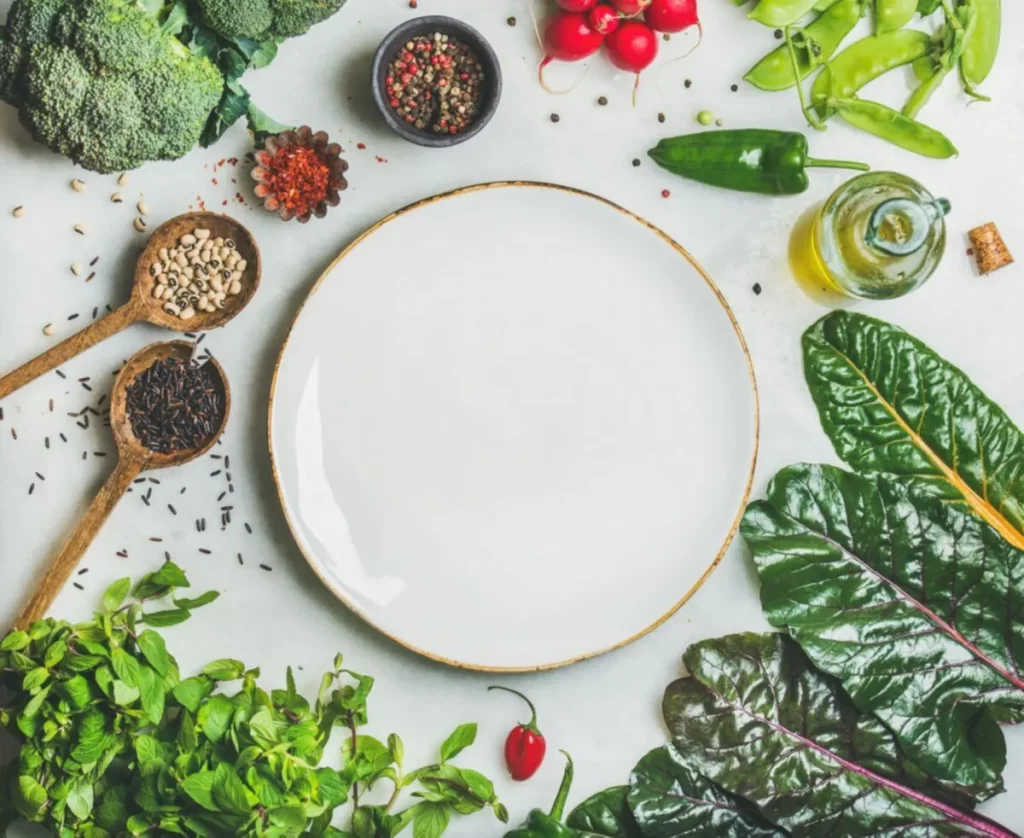Eating a balanced diet is simpler than fad diets and social media trends suggest. Let’s dispel 5 common nutrition myths to help you make healthier choices.
Myth #1: Keto is the healthiest diet The Keto Diet, which involves significantly reducing carbohydrate intake and opting for high-fat foods, may not be suitable for everyone. Without carbs, essential nutrients from whole grains like oats and brown rice are missed. This diet can also pose challenges for those with stomach issues or a love for fruits, as many are restricted due to their carbohydrate content.
Learn more about the benefits of carbohydrates and how to include them in a healthy diet.
Myth #2: All calories are created equal Simply cutting calories is not a wise health strategy. Opting for a slice of chocolate cake over a balanced meal of broccoli, rice, and chicken might save calories, but it lacks essential nutrients like vitamins, minerals, and protein. Additionally, the cake’s high fat and sugar content can be harder for your body to use and digest.
Myth #3: You can always have more protein While protein is crucial, excessive intake can lead to issues like indigestion, kidney strain, and excess calorie consumption contributing to weight gain. Determine your optimal protein intake for better health.
Myth #4: Kale is the only green you need While kale is nutrient-rich, diversifying your greens is beneficial for your gut bacteria and overall health. Explore options like Chinese cabbage, chard, and watercress, each offering unique nutritional benefits.
Myth #5: You shouldn’t eat after 6 pm The notion that calories count more in the evening is a myth. However, eating late might affect sleep. If you struggle with sleep, consider having an earlier dinner for improved rest

